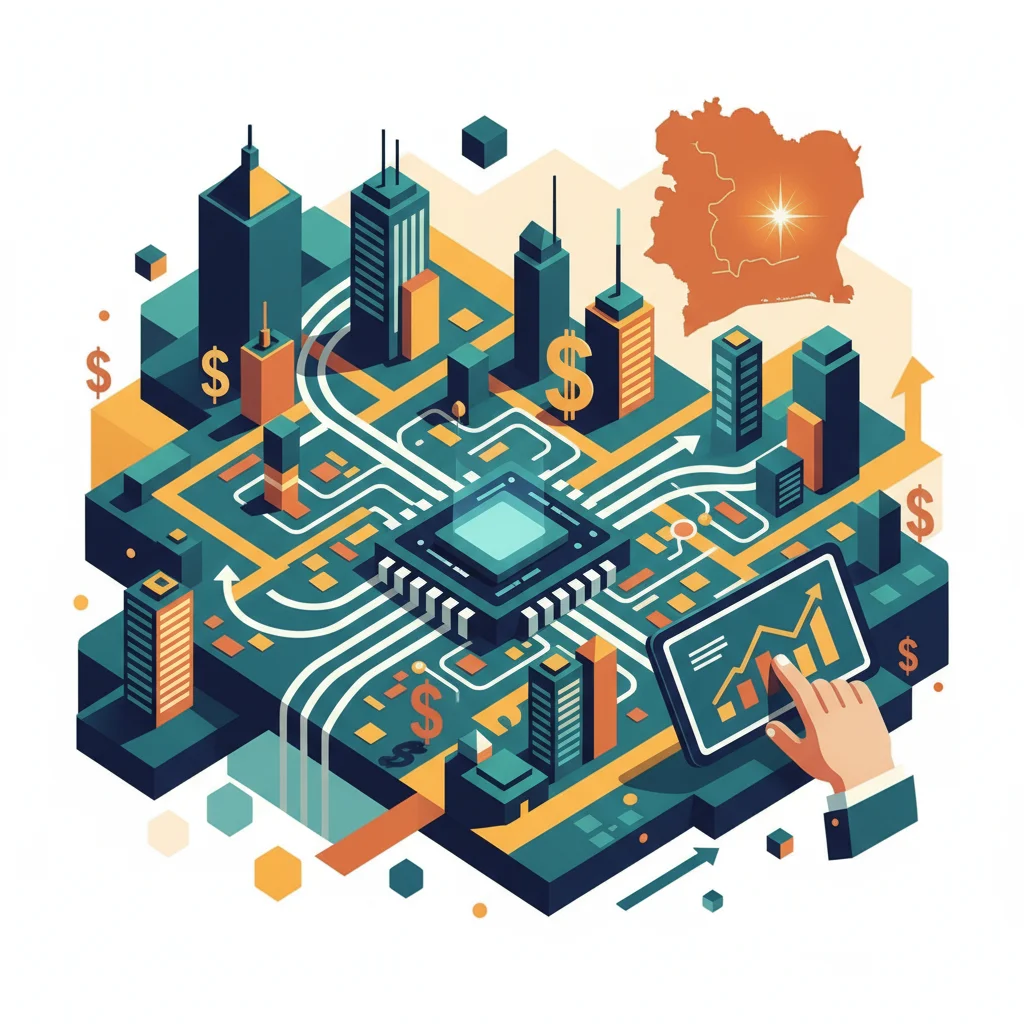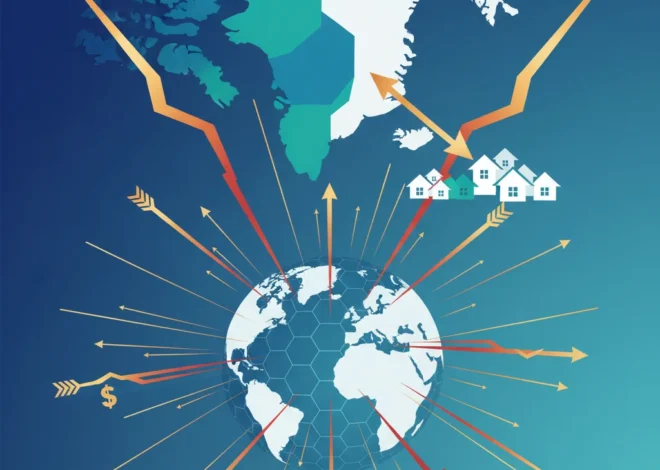
The $98 Million Plan to Name Streets: Unlocking Ivory Coast’s Fintech and Investment Boom
In the world of high finance and institutional investing, multi-billion dollar infrastructure projects—dams, highways, and ports—often capture the headlines. But what if one of the most transformative economic catalysts for an emerging market isn’t a megaproject, but something far more fundamental? What if the key to unlocking a nation’s digital economy, boosting its banking sector, and attracting foreign investment lies in the simple act of naming a street?
This is precisely the bet that Ivory Coast is making. As the country approaches a pivotal election, the government is accelerating a nationwide campaign to formally name every street and number every building. This ambitious initiative, which began years ago, is now being pursued with renewed vigor as a cornerstone of President Alassane Ouattara’s economic strategy. While it may sound like a basic civic exercise, this project is a sophisticated piece of economic engineering designed to build the foundational layer for a modern, digital-first economy.
For investors, business leaders, and finance professionals, understanding this initiative is crucial. It’s a powerful signal of the country’s direction and a direct enabler of growth in sectors ranging from fintech and e-commerce to traditional banking and logistics. This isn’t just about putting up signs; it’s about laying the digital rails for future prosperity.
The Invisible Tax of an Unaddressed World
For hundreds of millions globally, and a significant portion of Ivory Coast’s population, a formal address is a luxury. Daily life is navigated through landmarks and local knowledge: “the house behind the big mango tree,” “two turns after the pharmacy.” While this system has a certain charm, it imposes a massive, invisible tax on the economy. The lack of formal addresses creates immense friction in almost every aspect of formal commerce and finance.
Consider the challenges:
- Banking & Finance: Financial institutions struggle with Know Your Customer (KYC) regulations. Without a verifiable address, opening a bank account, accessing credit, or obtaining insurance becomes a significant hurdle, pushing many into the informal economy.
- E-commerce & Logistics: The “last-mile” delivery problem becomes nearly insurmountable. Online retailers and delivery services cannot operate efficiently, stifling the growth of a digital marketplace.
- Government Services: Tax collection, utility billing, voter registration, and the deployment of emergency services are all severely hampered, leading to lost revenue and inefficient public service delivery.
- Business Registration: Entrepreneurs face difficulties in formally registering their businesses, which limits their ability to scale, hire formally, and contribute to the tax base.
This lack of a fundamental data point—the physical location of a person or business—acts as a powerful brake on economic development. It keeps the economy fragmented, informal, and disconnected from the global digital ecosystem.
Building the Digital Foundation: How Addresses Fuel Fintech and Finance
The Ivorian government’s street-naming project is a direct assault on this economic friction. By systematically mapping and addressing the country, starting with an estimated 30,000 streets and 400,000 properties in the economic capital of Abidjan alone, the initiative creates a universal, standardized location grid. This grid is the bedrock upon which a modern financial technology infrastructure can be built.
The impact on the finance and banking sectors will be immediate and profound. With verifiable addresses, KYC processes can be streamlined, allowing millions of unbanked and underbanked citizens to enter the formal financial system. This expands the customer base for banks, microfinance institutions, and insurance companies. More importantly, it creates a wealth of location data that can be used for more accurate credit scoring models, reducing risk and potentially lowering the cost of credit for consumers and small businesses.
The following table illustrates the transformative potential of this addressing system across key economic sectors:
| Economic Sector | Challenge Without Formal Addresses | Opportunity With Formal Addresses |
|---|---|---|
| Banking & Finance | Difficult KYC compliance; high risk in lending; limited access to credit for the population. | Streamlined customer onboarding; improved credit scoring models; expansion of banking services. |
| Fintech & E-commerce | “Last-mile” delivery is inefficient and costly; limited market size; payment verification issues. | Explosive growth potential for e-commerce; rise of gig-economy delivery services; enhanced fraud detection. |
| Investing & Stock Market | Informal economy is opaque; difficult to assess company fundamentals and market size. | Formalization of businesses leads to better data, more listings on the BRVM, and increased investor confidence. |
| Government & Public Services | Inefficient tax collection; poor delivery of utilities and emergency services. | Broadened tax base; improved public service efficiency; better urban planning and data-driven policy. |
This isn’t just theory. The formalization of location data is a direct enabler for the entire financial technology stack. Mobile payment apps can verify users more easily. Insurtech companies can accurately price property insurance. The entire ecosystem of digital finance, from peer-to-peer lending to online trading platforms, gains a layer of trust and verifiability that was previously absent.


